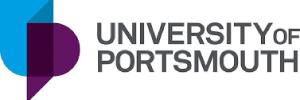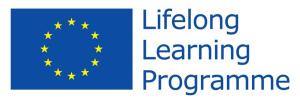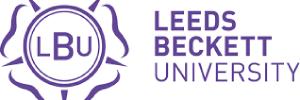
Reasonable adjustments enable you to participate in the academic assessment process on a fair basis. Find out how to arrange reasonable adjustments for your study.
Background
Reasonable adjustments allow you to fully participate in learning, assessment, university facilities and services. When it comes to assessments, for example, a reasonable adjustment could be having extra time in an exam or being able to record lectures.
Under the UK Equality Act 2010, reasonable adjustments are required where disabled students experience substantial disadvantage in comparison with non-disabled students. Universities have an anticipatory duty to plan ahead and reduce the barriers for disabled students. This means developing inclusive practices that support all students.
Some universities and some courses have risen to this challenge by putting in place systems that are on offer to all students, whether registered disabled or not. Examples might be allowing all students to record lectures or providing more than one route to assessment. However, currently this is the exception rather than the norm, and the more established route is to offer reasonable adjustments to an individual where barriers to learning are identified.
How does it work?
To be eligible for individual reasonable adjustments you need to disclose your autism diagnosis and discuss your learning needs with a Disability Officer. In most cases you will be asked to evidence your autism and the impact it's likely to have on your study. The Disability Officer can discuss reasonable adjustments that may be appropriate, based on your individual learning needs and the course requirements.
What to do next?
Arrange a meeting with disability support and your course leader.
Practical tips
Reply promptly to all communications regarding your reasonable adjustments, to ensure support is put in place when it is needed.
The disability team is there to support you, but they won’t know the academic requirements. Make sure you provide them with all the information that they need.
Focus on learning outcomes – what are alternative ways for you to evidence your knowledge and understanding?
Use the Autism & Uni Best Practice Guides as support.
Additional information and links
The Equality Challenge Unit has published guidance on reasonable adjustments to assist universities in planning and implementing them.
Telling the University about your autism | Autism toolkit
Arranging a Study Needs Assessment | Autism toolkit
This toolkit is an adaptation of the Autism&Uni project led by Marc Fabri from Leeds Beckett University, under license CC BY 4.0. The original Autism&Uni project was funded with support from the European Commission with partners in the UK, Finland, the Netherlands, Poland and Spain. For more information about this project please visit the Autism&Uni website.
Enable University alerts
Turn on notifications for critical updates like closures, safety alerts, and urgent service disruptions.








